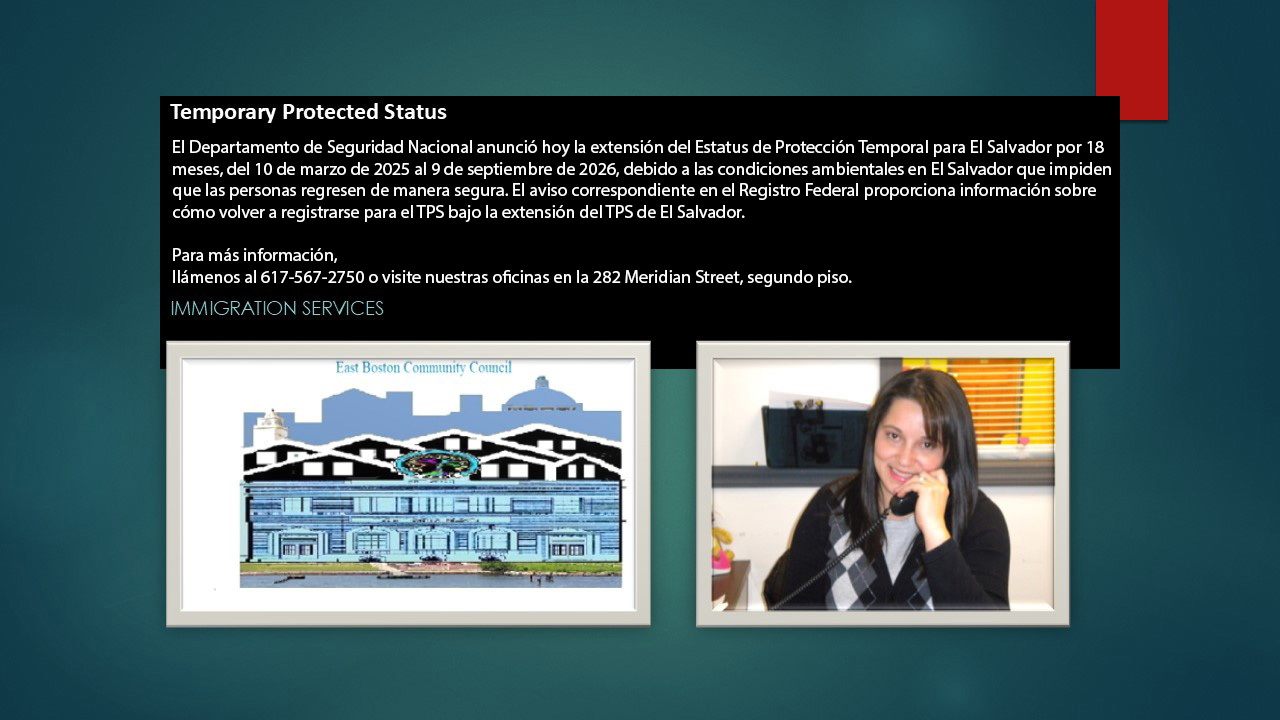Cholesterol is an important fatty substance discovered in the cells of our body that help in numerous procedures, including the production of hormones, food digestion, and the development of cell membrane layers. While cholesterol is necessary for our body to work appropriately, a too much quantity can bring about wellness complications, particularly when it involves specific kinds of cholesterol.
One such kind is non-HDL cholesterol, which has gained acknowledgment recently as a result of its association with cardiovascular diseases. In this short article, we will certainly look into the intricacies of non-HDL cholesterol, its value, as well as how ottomax per udito to manage it effectively.
What is Non-HDL Cholesterol?
Non-HDL cholesterol dialine precio en chile refers to the overall quantity of cholesterol brought by low-density lipoproteins (LDL) and also various other cholesterol-rich particles in the bloodstream. Unlike LDL cholesterol, which is often described as “negative” cholesterol since it adds to the accumulation of plaque in the arteries, non-HDL cholesterol includes various kinds of harmful cholesterol fragments.
To calculate non-HDL cholesterol, subtract the high-density lipoprotein (HDL) cholesterol degrees from the complete cholesterol levels. This technique supplies a much more precise depiction of the cholesterol that contributes to the advancement of heart diseases.
Specialists consider non-HDL cholesterol to be a far better predictor of heart problem threat contrasted to LDL cholesterol alone. This is because non-HDL cholesterol encapsulates all atherogenic lipoproteins, including LDL, very low-density lipoprotein (VLDL), intermediate-density lipoprotein (IDL), and also lipoprotein(a) [Lp(a)] By evaluating non-HDL cholesterol levels, health care experts can successfully analyze an individual’s risk for cardiovascular disease.
Recognizing the Relevance of Non-HDL Cholesterol
Non-HDL cholesterol plays a vital function in identifying people who are at a greater threat of creating cardiovascular diseases. High levels of non-HDL cholesterol are connected with a boosted possibility of plaque development, which can result in atherosclerosis, coronary artery illness, heart attacks, as well as strokes.
Monitoring non-HDL cholesterol levels is particularly important for individuals who struggle with diabetes, metabolic syndrome, or existing heart disease. By taking care of non-HDL cholesterol effectively, health care specialists can considerably reduce the threat of heart-related issues for these people.
In addition, non-HDL cholesterol measurements can be utilized to assess the efficacy of cholesterol-lowering therapies, such as statins. By monitoring the decrease in non-HDL cholesterol degrees over time, doctor can evaluate the efficiency of ongoing treatments and also change treatment plans accordingly.
The complying with tips can help individuals manage their non-HDL cholesterol levels:
- Adopting a heart-healthy diet regimen abundant in fruits, vegetables, whole grains, and lean healthy proteins while restricting saturated as well as trans fats
- Integrating routine exercise into everyday routines
- Staying clear of tobacco and also extreme alcohol usage
- Maintaining a healthy weight
- Complying with prescribed medicine regimens, if required
- Routinely keeping track of cholesterol degrees and also scheduling routine check-ups with healthcare providers
Non-HDL Cholesterol as well as Kid
Non-HDL cholesterol levels are not just appropriate to adults but likewise to kids, as atherosclerosis can start in childhood. Early testing and also intervention can aid recognize and manage high non-HDL cholesterol degrees in youngsters, preventing future cardiovascular issues.
Kids with a family background of high cholesterol, weight problems, diabetic issues, or various other danger elements may require cholesterol screening at an earlier age. Medical care specialists can give guidance on when to launch cholesterol screenings for children as well as develop ideal treatments to promote heart health and wellness from an early age.
- Motivating a well-balanced diet plan and healthy and balanced way of life for children
- Promoting regular physical activity and also restricting less active habits
- Developing an encouraging setting that supports favorable wellness habits
- Setting up regular check-ups with healthcare providers to keep track of cholesterol degrees as well as assess total health and wellness
Verdict
Non-HDL cholesterol is a crucial factor in analyzing a person’s risk for cardiovascular diseases. By comprehending the value of non-HDL cholesterol and also carrying out essential way of living modifications, people can efficiently handle their cholesterol degrees and lower their risk of heart-related difficulties.
Routine exams, appropriate nutrition, physical activity, and adherence to recommended drugs are all crucial parts of maintaining ideal non-HDL cholesterol levels. By taking aggressive steps in the direction of heart health, people can improve their general health and also lead a meeting, healthy life.

